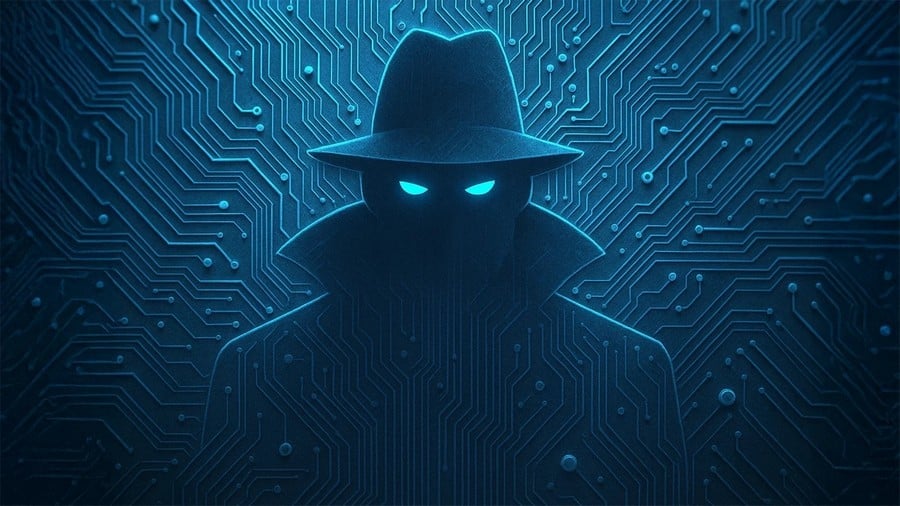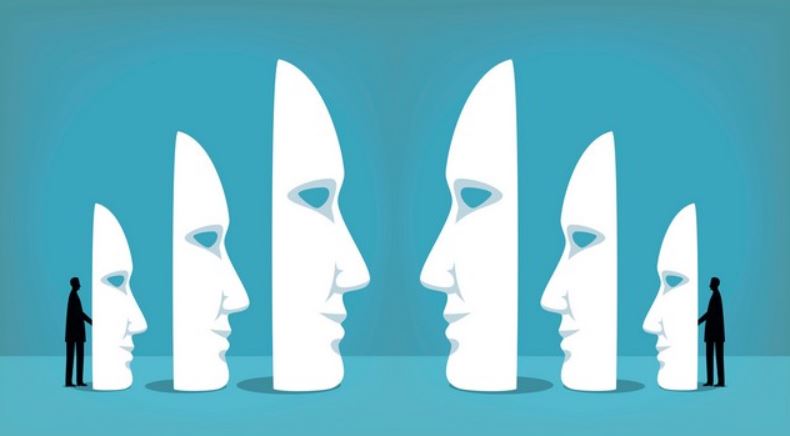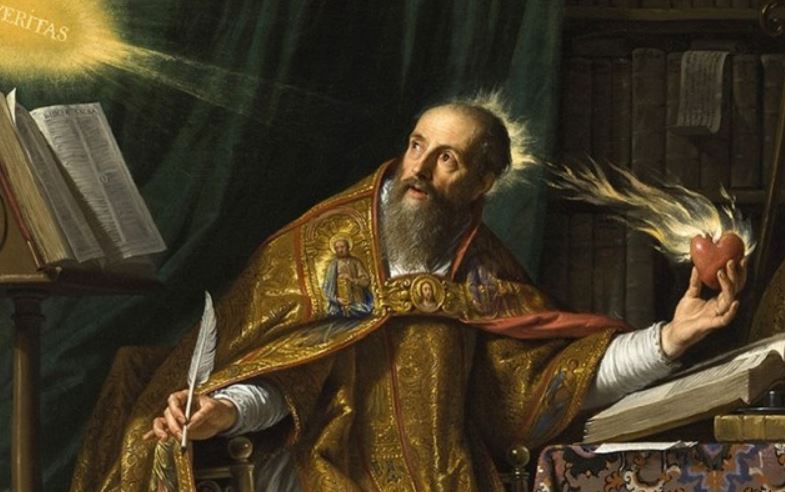Is Freedom Also His Will?
“Listen to my order,” says the Mayor. “To prevent eye diseases, it is forbidden to look at the sky. You will learn what is happening in the sky from the official report, which, if necessary, will be published by Mr. Dragon’s personal secretary.”
This passage, of course, is from Yevgeny Schwartz’s play The Dragon. If we were to transpose that decree into 21st-century Armenia, it might sound like this: Don’t go outside, don’t check if the sky is blue or gray — everything has already been said on Facebook.
And who dictates the agenda on Facebook? Naturally, the Dragon. Except today’s Dragon doesn’t even need a personal secretary — he posts himself.
Read also
The real question is: how do they become Dragons? That’s the core of the problem. Modern Dragons no longer speak in the name of God; they speak in the name of the people. And this has been the case for at least two and a half centuries. To trace the roots of this, we should recall Jean-Jacques Rousseau:
“If anyone refuses to obey the general will, he shall be compelled to do so. This means nothing less than that he will be forced to be free.”
So what do we have? A “general will” — that is, a Dragon — who has appeared from somewhere, armed with a certain idea of freedom, and who then forces others to be free in accordance with that vision.
Naturally, the question arises: how is the general will formed?
You might answer: through elections. But we’ve seen again and again how fragile elections are as a mechanism for forming this “general will.” The person elected may recognize no will but his own. And elections themselves are deeply shaped by forces — political, technological, informational — that have little to do with real democratic intent. Let’s assume for a moment that the “general will” is genuinely formed through elections — what about those who disagree with it? Are they part of that will too?
Now let us ask: what is this “freedom” the Dragon seeks to impose on us?
What if that “freedom” means not looking at the sky — and instead following the Dragon’s memos? To me, freedom is exactly the opposite: the ability to interpret any phenomenon through one’s own worldview.
But if the Dragon posts: “Anyone who disagrees with me is an agent of a foreign power,”
am I free to disagree with the “general will”? Or will I be labeled an agent as well — thus forced to be free?
Let me recall another scene, this time from the film adaptation of The Dragon. The same Mayor tries to convince Lancelot to leave the city.
“It’s not me — it’s the people who want it,” he explains.
“What people?” asks Lancelot.
And the Mayor points to a long line of people, allegedly gathered to express the “general will.”
Aram ABRAHAMYAN






















































